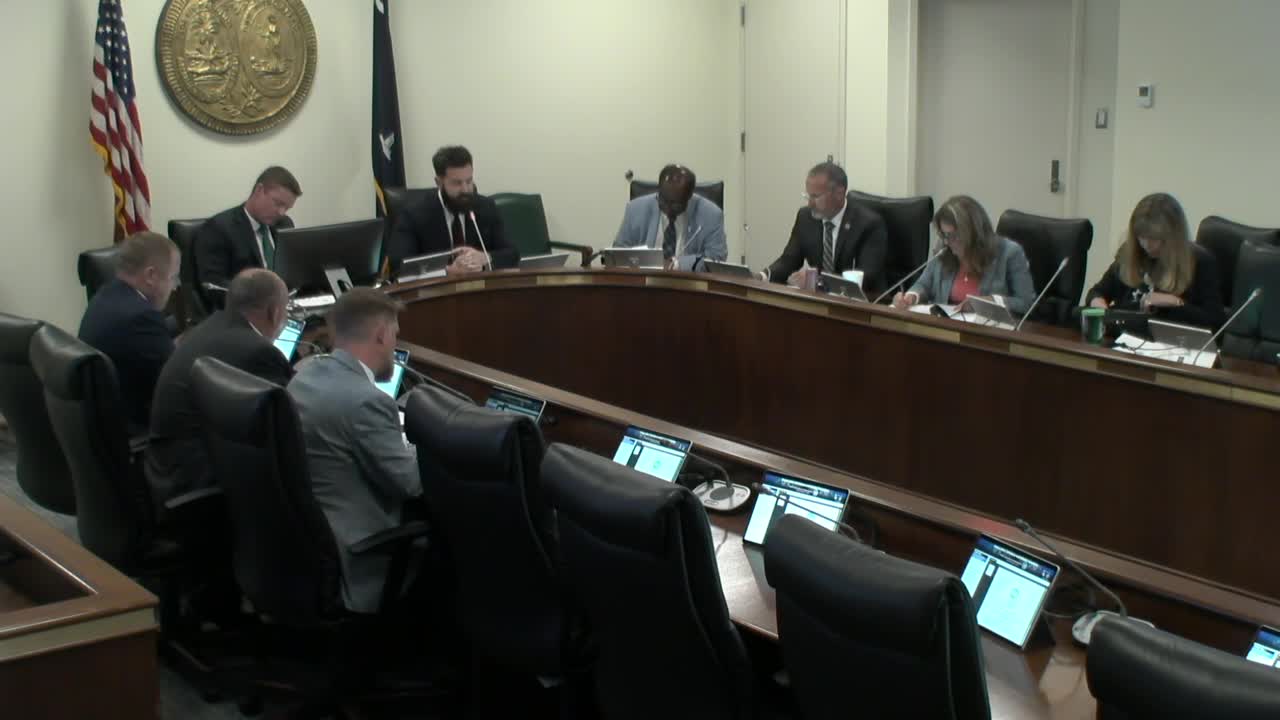Subcommittee approves S.275 to bar utilities from using ratepayer capital to operate public EV chargers
Get AI-powered insights, summaries, and transcripts
Subscribe
Summary
S.275, aimed at encouraging private investment in electric vehicle charging by preventing public utilities from using ratepayer funds to build and operate public charging stations, passed the subcommittee after supporters representing fuel retailers testified in favor.
The subcommittee voted to approve S.275, legislation that seeks to clarify state policy on electric vehicle (EV) charging by preventing public utilities from using ratepayer capital to build and operate public EV charging stations that would compete with private businesses.
Jordan Burns, representing Americans for Affordable Clean Energy, a coalition of fuel retailers that includes Kwik Trip, Love's, Travel Centers of America, BP Raceway and Circle K, told the subcommittee his members supported the bill because it would give private businesses the certainty they need to invest in costly fast‑charging infrastructure. "The main goal of S.275 is to address the potential for competition between electric utilities and private businesses in the growing market for EV charging services," Burns said. He described two primary provisions in the bill: a prohibition on utilities socializing the cost of EV charging infrastructure using ratepayer dollars, and a requirement that all charging providers receive the same rates, terms and conditions for electricity.
Committee discussion included technical points about how current chargers are metered and paid for. Committee member Bill Hager described common practice from his experience: a charging provider arranges a meter and negotiates rates with the utility, then charges drivers for service. Several industry witnesses — including Michael Field and other convenience‑store representatives — declined to add to Burns's testimony but indicated support.
A motion to approve S.275 was made, seconded and adopted by a vote recorded as a show of hands; the transcript records no roll‑call tally or individual roll‑call votes.
